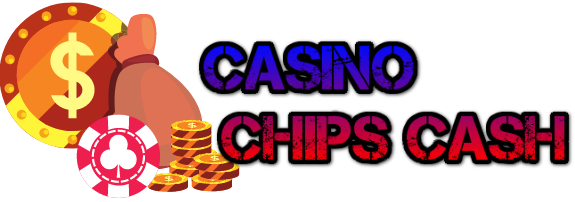roulette— the mere mention of this quintessential casino game conjures scenes of opulence and the thrill of chance. But roulette is more than just a game of spinning wheels and clinking chips; it’s the meeting point of probability and human psychology. This melding creates a tapestry of bets and board arrangements that speak volumes about how we perceive risk and reward. In this article, we’ll dissect the mesmerizing psychology behind the bets and the board of online roulette, offering insights for both casual players and those who study human behavior in gaming.
The Allure of the Spin: Anticipation and Reinforcement
At the heart of online roulette lies the enticing spin of the wheel, a ritual woven with anticipation and hope. The act of placing bets and awaiting the outcome engages our senses and taps into the primal human desire for excitement and reward. Every spin is a promise of the unknown, a narrative of possibility that captures our imagination.
Each possible outcome fosters a unique response in the player’s mind. The near-miss effect, for instance, where a player comes agonizingly close to winning but misses by one slot, can be as stimulating as an actual win. This experience drives home the concept of intermittent reinforcement, a powerful psychological principle that underpins gambling. It states that rewarding a behavior only occasionally and at unpredictable intervals makes the behavior more likely to persist, much like a gambler’s loyalty to the next spin.
Mastering the Board: Rationality Versus Gambler’s Fallacy
Roulette’s board layout is a fascinating study in the balance between strategy and chance. On one hand, players may meticulously place bets based on intricate systems they believe will tip the odds in their favor. On the other hand, some players fall prey to the gambler’s fallacy, the false belief that past events can predict future outcomes. This cognitive distortion often leads players to place bets based on the idea that red, for example, is due after a series of black results.
Understanding the board layout and the bets it accommodates can provide illumination to the contrast between these two extremes. Bets like the straight-up bet with a 1-in-37 chance of winning (on a single zero wheel) attract the risk-loving, while even-money bets like red/black can speak to a more risk-averse strategy.
On the Virtue of Self-Awareness and Responsible Play
The roulette wheel, like any casino game, is a microcosm of life—a multi-faceted web of chance, choice, and consequence. It invites us to test our luck, challenge our understanding of probability, and perhaps even learn a bit more about ourselves in the process.
For the online roulette player, self-awareness is key. It involves recognizing one’s motivations for play, setting limits, and knowing when to step back. By cultivating a mindful approach and striving for responsible play, online roulette can be appreciated for its entertainment value and as a fascinating study in human comportment.
In conclusion, the psychology of online roulette is a rich and complex tapestry worthy of exploration. By understanding the bets and the board, players unlock insights into their own risk-taking tendencies and the universal human desire for excitement and reward. Whether for the love of the game or the study of the human psyche, roulette continues to spin its spell over all who encounter it.

